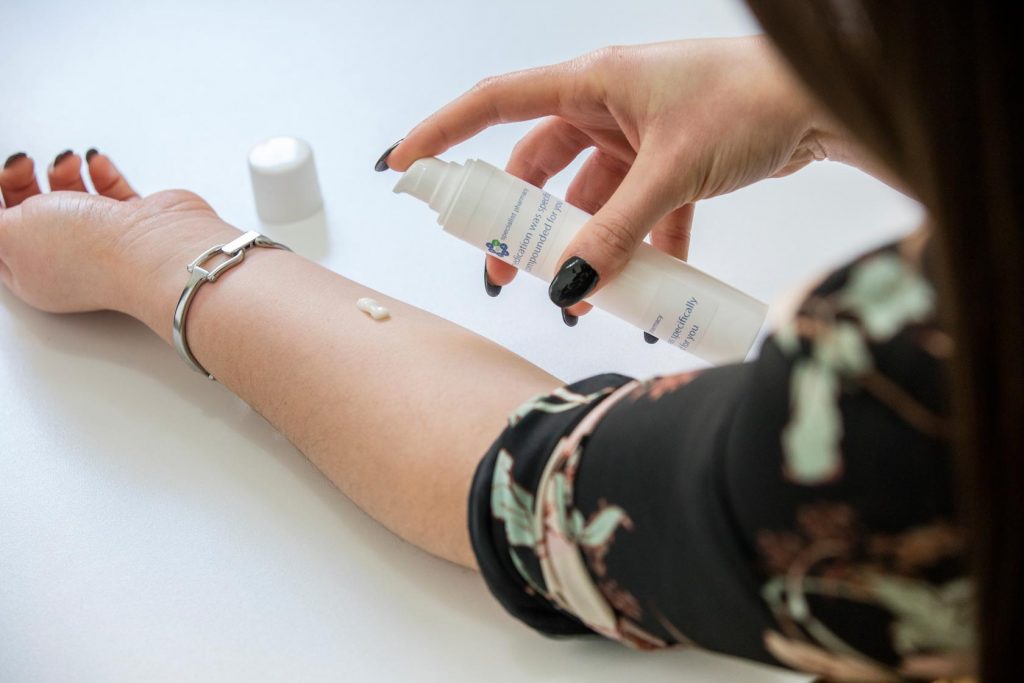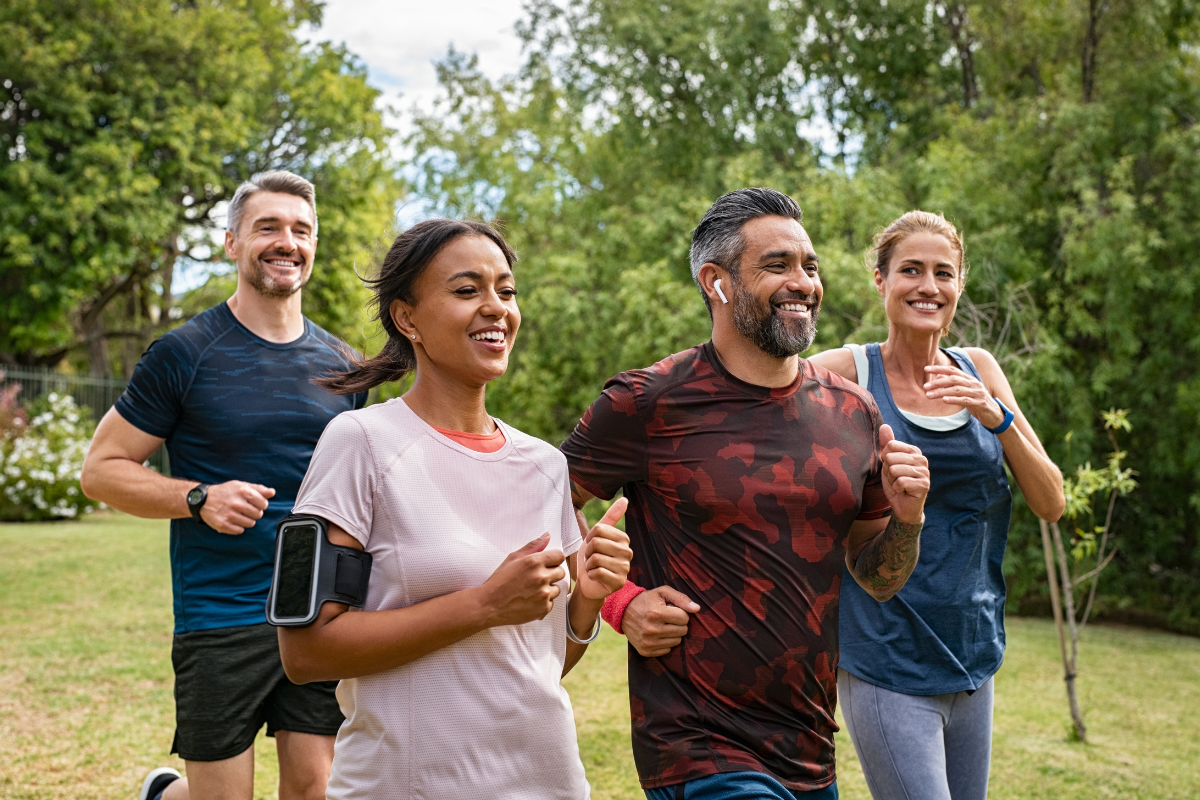What is Estrogen?
Estrogen is one of the most commonly known and most essential hormones in the human body. There are three types of estrogens, all of which work together with progesterone to support your body’s functions, these are:
- Estrone (E1)
- Estradiol (E2)
- Estriol (E3)
Estrone, estradiol and estriol all work at different strengths in your body, with estradiol being the most potent followed by estrone and then estriol. Just as they work at different potencies, they are each also beneficial for different processes in our bodies. For instance, estradiol is responsible for breast development, reproductive health and other female characteristics, whilst estriol is most beneficial for vaginal health, which makes it the most effective treatment for issues including vaginal dryness and thinning.
Although there are three different hormones it can often be more simple to refer to them simply as estrogen (or ostrogen) and all can be used as treatment for low estrogen as hormone replacment therapy.
What Does Estrogen Do?
Estrogens are responsible for many of your body’s functions, regulating a woman’s journey through puberty, fertility and menopause. Receptors are found in numerous tissues within the body, and therefore these hormones are some of the most important in your body, not only helping to reduce the risk of colon cancer and heart disease but helping to control:
- Body temperature
- Muscle maintenance
- Healthy sleep
- Blood flow
- Collagen levels in your skin
- Memory function
- Mood
- Concentration
- Libido (Sex Drive)
- Bone density
How Estrogen Changes Over Time
Estrogen is incredibly important and as we get older production decreases naturally, eventually leading to menopause, characterised by dramatically low levels of estrogen. However, many women will experience hormonal conditions which are caused or exacerbated by estrogen deficiency or an excess (compared to progesterone) in their system.
Symptoms of Estrogen Imbalance
Symptoms of low estrogen can even include anxiety and low mood, which are also associated with menopause but can happen whenever the body is going through hormone withdrawal.
So, now you know the answer to: what does estrogen do? Now let’s talk about the treatment for low estrogen and bioidentical estrogen replacement therapy.
ESTROGEN AND BHRT: Bioidentical Estrogen Replacement Therapy
If you are in need of a treatment for low estrogen, a doctor may prescribe you bioidentical estrogen in the form of estriol or estradiol. Bioidentical estrogen replacement therapy can enhance mood, revive libido, improve memory and relieve hot flushes, night sweats, vaginal dryness and urinary incontinence, as well as help to treat the root cause of many hormone conditions such as PCOS, endometriosis and infertility.




